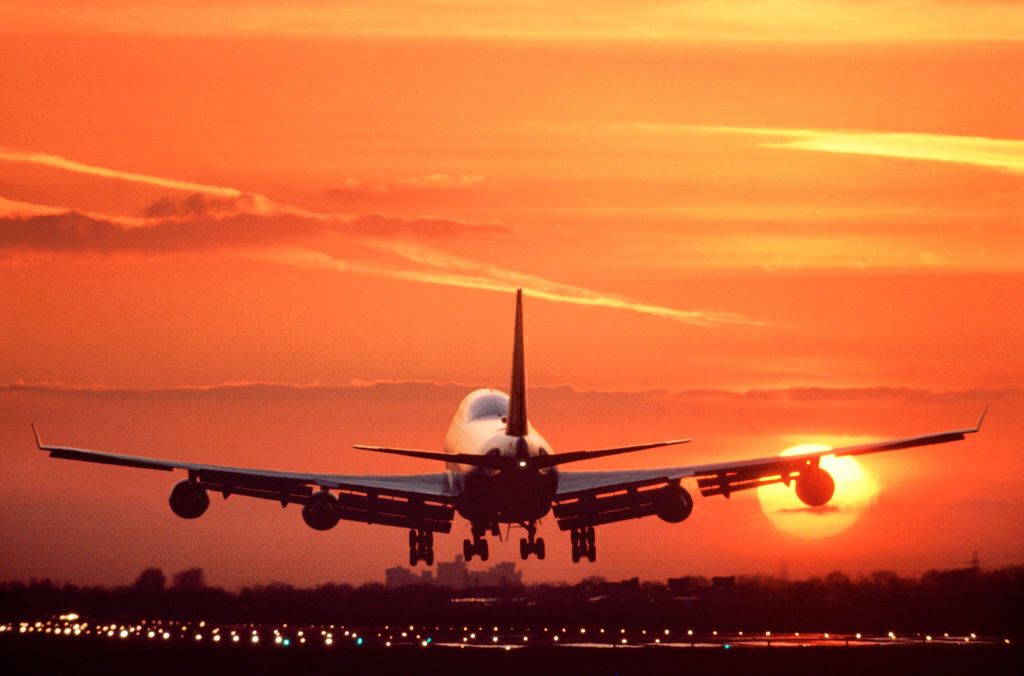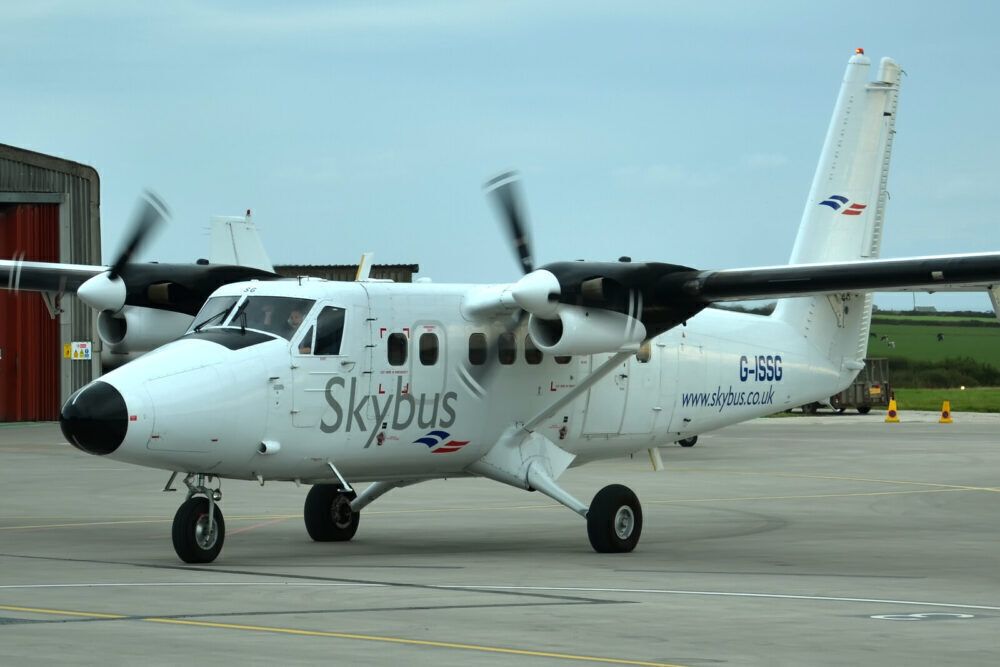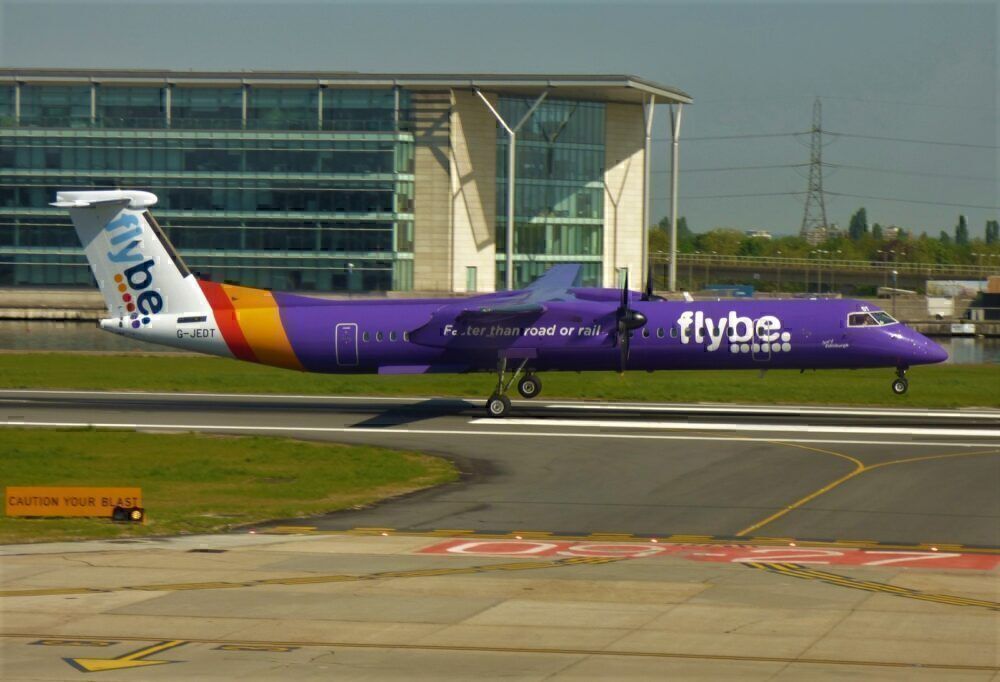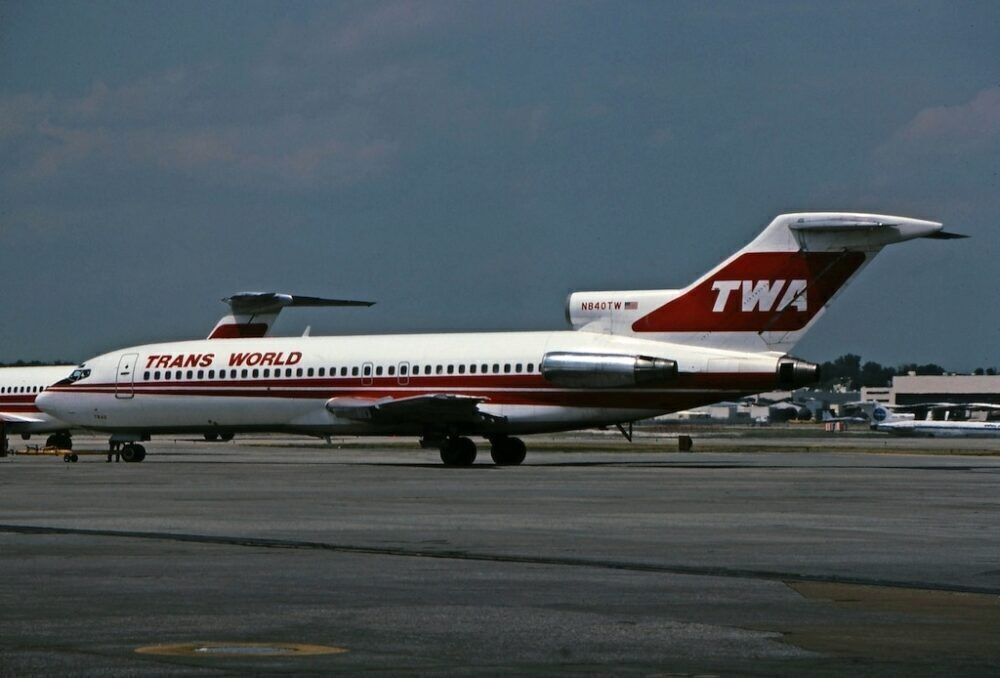Particularly when sitting towards the center of an airliner, the noise of an aircraft's landing gear being lowered is fairly conspicuous. These wheels are typically deployed shortly before a flight lands, and, for keen-eared passengers, they are a surefire sign that touchdown is imminent. However, briefly delving into the realms of the hypothetical, why don't we have a look at what might happen if a plane's gear was to be lowered during its cruise.
When is the gear normally down?
While landing gear is crucial in allowing planes to take off and touch down, it spends most of its time tucked safely away. Indeed, anyone who has watched an aircraft depart will have observed that its gear is typically raised very soon after lifting off from the runway.
According to ABC News's John Cox, pilots generally raise the gear "once there is an indicated positive rate of climb." Of course, there are exceptions for fixed-gear planes. One such aircraft is the popular island-hopping de Havilland DHC-6 'Twin Otter' turboprop.
Stay informed: Sign up for our daily and weekly aviation news digests.
In terms of when the gear is lowered before landing, Cox adds that this procedure is subject to more variables than when an aircraft departs. He states that:
"For a landing in reduced visibility requiring flight solely referring to the instruments, the landing gear is usually extended around the final approach fix (around five miles from the runway). (...) In good visibility when a visual approach can be flown, the extension can be delayed somewhat."
An impulsive deployment
As established, the proportion of a flight in which a plane's landing gear is deployed is limited. At the higher speeds flown at cruising altitude, having the gear down would potentially subject it to extreme stress, not to mention affecting the aircraft's aerodynamic properties. Similarly, flaps are only deployed at lower altitudes and speeds.
However, there are tales of the gear being deployed at a higher altitude and speed than the norm. For example, Quora user and pilot Ron Wagner tells the story of a first officer who lowered a Boeing 727's wheels while cruising at an altitude of 35,000 feet.
This decision was allegedly no more than an impulsive desire to find out what would happen. While the landing gear doors were shorn off by the high winds, the wheels themselves remained intact despite the extreme forces. This allowed the aircraft to land safely.
This is reportedly due to the fact that, when cruising at high altitudes at a ground speed of, for example, Mach 0.8, a plane's indicated airspeed remains below the maximum for gear extension, at around 280 knots. Correspondingly, the aerodynamic stress on the wheels when deployed at cruising altitude is low enough for them to remain intact.
In an emergency
There is also an example of an incident in which a flight's crew deployed the landing gear in an attempt to prevent a catastrophic accident. Interestingly, this also involved a Boeing 727. While the deployment wasn't at cruising altitude, it is still worthy of examination.
This incident involved Trans World Airlines (TWA) flight 841 from New York to Minneapolis on April 4th, 1979. While cruising over Michigan at 39,000 feet, the aircraft made an unprompted and steep roll to its right-hand side. It quickly spiraled out of control, losing 34,000 feet of altitude in a little over a minute despite the crew's efforts.
In a last-ditch attempt to slow the aircraft's dive, the crew eventually deployed the 727's landing gear to increase its drag. Thankfully, this succeeded, and, despite structural damage, the aircraft made an emergency landing in Detroit with no fatalities. It is interesting to know that deploying the gear at a higher altitude and speed than normal can prevent disaster.
Had you ever heard about either of these incidents? Do you know of any other similar stories? Let us know your thoughts in the comments.




